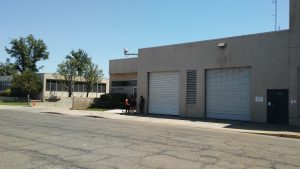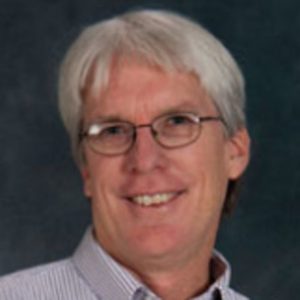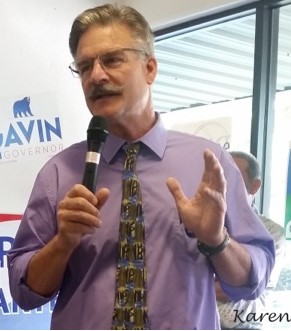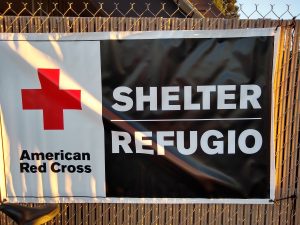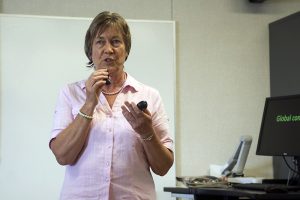
by Richard Roth
A few weeks ago, about 60 people, including farmers, ranchers, and backyard gardeners like myself, were gathered for a two-day workshop on soil health hosted by the Center for Regenerative Agriculture at CSU, Chico.
Christine Jones, known as the “Pearl” of soil microbiology, was half way through her fascinating presentation on soil research and practices she was involved with in Australia when she seemed to suddenly change course. She appeared to break away from her prepared presentation to drop what felt to some of us like a bombshell.

